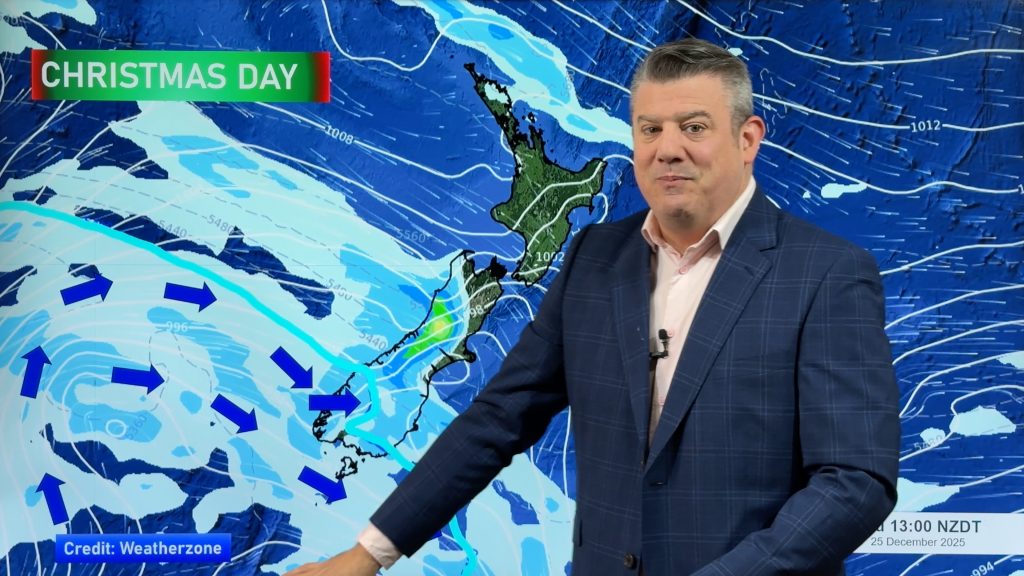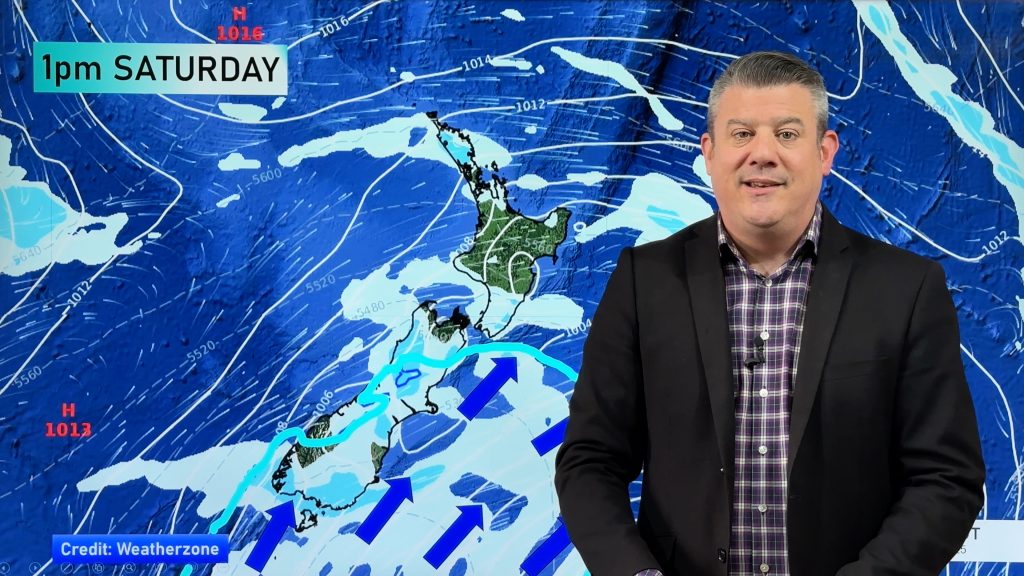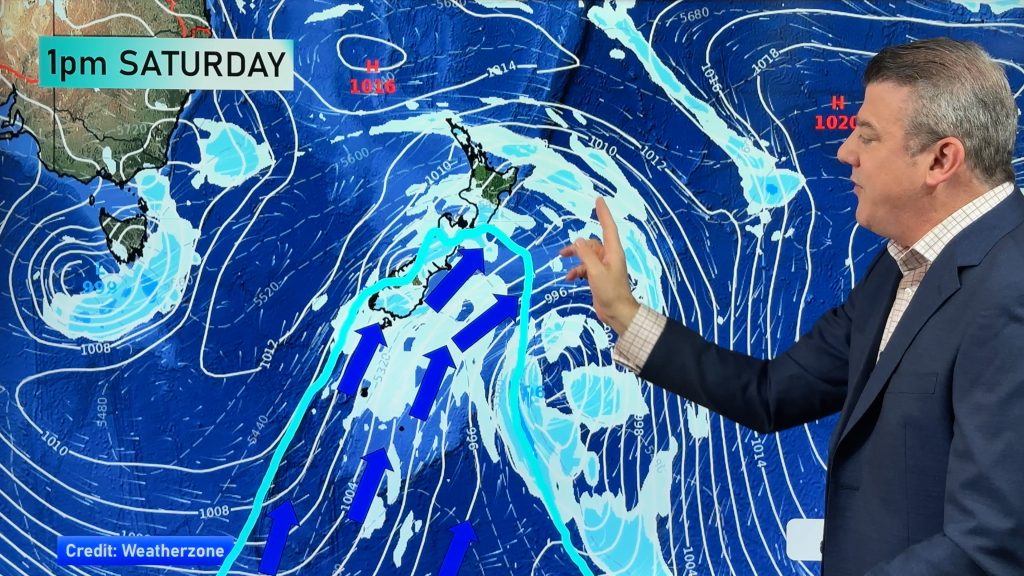
> From the WeatherWatch archives
Residents were evacuated, buildings damaged and travel plans disrupted as snow, rain and gales lashed much of the country yesterday.
The capital bore the brunt of the storms, with Cook Strait ferry sailings suspended due to huge swells, flights into Wellington airport diverted to Palmerston North and winds gusting up to 140km/h damaging power poles and blocking Blue Mountains Rd in Upper Hutt.
Electricity was cut briefly to about 1200 homes in Ngauranga, Johnsonville and Plimmerton after branches and debris fell onto power lines.
Wellington police advised motorists to avoid the city’s south coast as huge waves washed over roads and damaged boats.
Heavy snow forced the closure of the Desert Rd between Waiouru and Rangipo last night, while Rimutaka Hill Rd, north of Wellington and the Lewis, Arthurs and Porters Passes in the South Island were being monitored.
Residents were evacuated from two homes in the Christchurch suburb of Sumner after a 100cu m slip and a city hotel lost its roof.
Christchurch City Council officer Alan Beuzenberg said the homes were “some metres” from the slip and had been evacuated as a precautionary measure.
Temperatures were milder in the upper North Island, with Aucklanders enjoying mid-afternoon sunshine.
The ferry cancellations left about 700 people stranded on either side of the strait but spokesmen from both major companies were hoping crossings would resume today when conditions were expected to ease.
Philip Duncan, of Weatherwatch, said the wild weather was caused by the return of the low front that brought cold temperatures last week.
“Cold snaps are not unusual but for it to stick with us so long is strange,” he said. “We had such a warm April but we’ve been robbed of autumn. We’re having July weather in the middle of May, when the coldest time of this year is still to come.”
MetService figures show temperatures are only slightly cooler than last year. In Auckland, the mean temperature for May so far is 11.9 degrees, compared to last year’s average of 13.6.
Comparisons for the other main centres showed similar decreases.
“These temperatures are typical of late May to early June so they’ve occurred two weeks earlier than normal,” said MetService weather ambassador Bob McDavitt.
“We’ll probably have the temperatures we’ve got right through into June.”
McDavitt said the rain and snow were likely to hang around until the middle of this week.
A strong, wet, southeasterly flow was expected to cover much of the North Island today and into tomorrow with heavy rainfalls expected over much of Wairarapa, Hawkes Bay and southern Gisborne.
By Trudie McConnochie, www.NZHerald.co.nz
Comments
Before you add a new comment, take note this story was published on 23 May 2009.





Add new comment